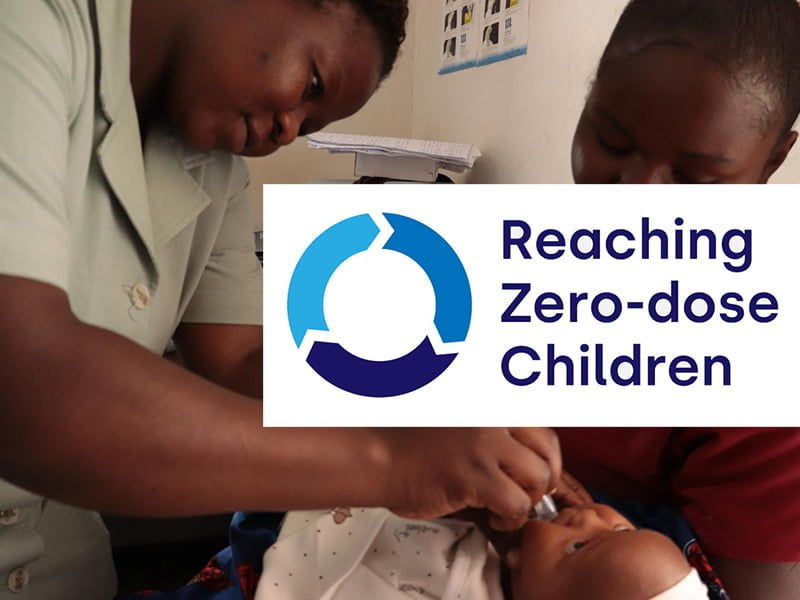In an effort towards bolstering childhood immunisation nationwide, the Federal Government has forged a partnership with Gavi – the vaccine alliance – and the African Field Epidemiology Network (AFENET).
This collaborative alliance aims to reduce the number of children who have not received a single vaccine, commonly referred to as “zero dose children” and enhance immunisation coverage nationwide, ensuring equitable access to life-saving vaccines against vaccine-preventable diseases for all children, regardless of their location.
As revealed by Gavi, this collaborative effort, known as the Nigeria Learning Hub, serves as a vital platform for convening partners on a regular basis to build an evidence base regarding effective strategies to reach and safeguard these underserved children. The objective is to enhance program implementation and, ultimately, strengthen routine immunisation to reach zero dose children.
During the launch of the learning hub in Abuja, Dr. Faisal Shuaib, the Executive Director and Chief Executive Officer (CEO) of the National Primary Health Care Development Agency (NPHCDA), highlighted the nation’s commitment to addressing this critical issue.
Dr. Shuaib said, “In July 2017, Nigeria declared a state of emergency concerning routine immunisation in response to the alarming findings of the 2016/2017 MICS/NICS report, which revealed a distressing Penta 3 coverage rate of only 33 percent. This led to the establishment of the National Emergency Routine Immunisation Coordination Centre (NERICC).”
He acknowledged the challenges that continue to impede efforts to establish an effective routine immunisation system, including the COVID- 19 pandemic, limited human resources, capacity constraints, inadequate funding, and shortages of essential drugs and commodities. Consequently, a substantial portion of the eligible population, especially children, remains vulnerable to vaccine-preventable diseases.
The NPHCDA chieftain went on to explain the range of strategic interventions implemented to address these challenges, such as Optimized Outreach Sessions (OOS), Optimized Integrated Routine Immunisation Sessions (OIRIS), and Routine Immunisation Intensification. He also mentioned the Quarterly Lot Quality Assurance Survey (LQAS) as a tool to assess progress. Despite the obstacles, Dr. Shuaib expressed unwavering commitment to reaching every eligible child and ensuring they receive the necessary vaccinations.
Dr. Shuaib stated, “Our goal remains unwavering: to reach every eligible child and ensure that no child is left vulnerable to vaccine-preventable diseases. It is in line with these efforts to reach children missed during COVID-19 that we will be rolling out the greatest catch-up campaign of all generations.”
Dr. Heidi W. Raynolds, Senior Specialist in Evaluation and Learning at Gavi, commended the commitment of all stakeholders in coordinating and collaborating to reach zero dose children. She noted Nigeria’s significant progress in increasing Penta three coverage from 33 percent in 2016 to 62 percent in 2022, alongside a reduction in the number of zero dose children from 3.5 million to 2.3 million during the same period.
“The successes are due to the leadership of the NPHCDA and others, and other activities implemented under the Nigeria strategy for immunisation policy and primary health care system strengthening.”
She also highlighted the importance of high-quality implementation and monitoring of plans in the 100 priority local government areas to further advance these gains.


